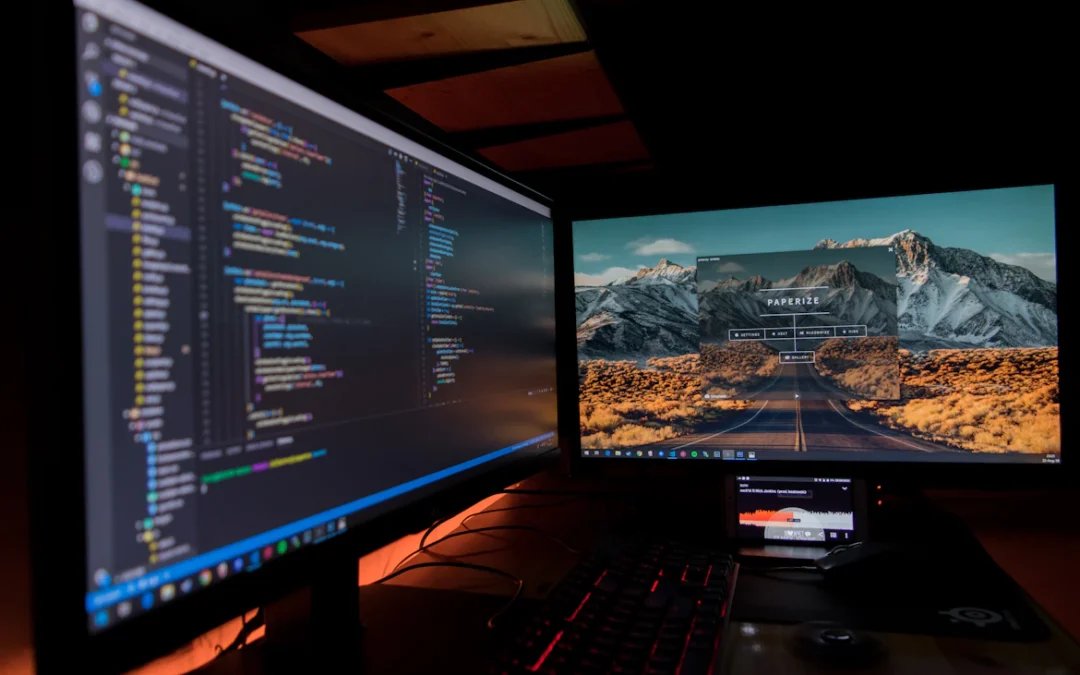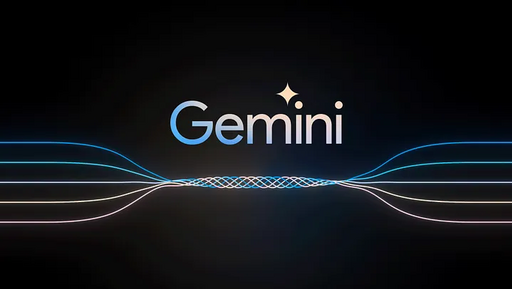Originally published by Roger Montti of Search Engine Journal, this article delves into the nuances of a particular robots meta tag and its implications, as explained by Google’s John Mueller on Reddit. This topic, often misunderstood by publishers and SEO professionals, sheds light on what happens when certain tags are missing.
The Role of Robots Meta Tags in SEO
Robots meta tags play a crucial role in guiding search engine crawlers like Googlebot. These tags, embedded within the HTML meta element, serve as directives for the crawlers, instructing them on how to interact with webpage content.
Among various meta elements, the Robots Meta Element stands out. It directly controls crawler actions with specific directives. One such directive, the “noindex, nofollow” tag (<meta name="robots" content="noindex, nofollow">), instructs crawlers not to index the page content and to ignore the links on the page.
Conversely, a common tag is the “index, follow” (<meta name="robots" content="index, follow">), which signals search engines to index the page and follow its links. Despite its widespread use, misconceptions abound regarding its necessity and function.
John Mueller Clarifies the Misunderstandings
Addressing a query on Reddit, Mueller explained that the “index” and “follow” directives in robots meta tags are essentially redundant for Google. According to Google’s documentation, these are default behaviors of the crawlers, and specifying them in a meta tag is unnecessary. As Mueller notes, tags like <meta name="robots" content="topranking bestcheese"> are ignored by Googlebot, highlighting the irrelevance of non-standard directives.
The Default Nature of Indexing and Following
The key reason behind Google’s disregard for the “index” and “follow” tags is their inherent role as default actions for search engine crawlers. Indexing content and following links are fundamental functions of these crawlers, negating the need for explicit instructions.
Google’s official stance is that “index, follow” are assumed defaults and do not require specification. This is also supported by Bing’s documentation, which treats these directives similarly but allows for explicit statements if desired.
Practical SEO Implications
From an SEO perspective, using <meta name="robots" content="index, follow"> is unnecessary for Googlebot and is considered a waste of HTML space. This aligns with the principle of streamlining content for efficient search engine indexing and comprehension.
However, a common error arises with the use of “noindex, follow” tags. Contrary to some beliefs, a “follow” directive is ineffective on a page marked “noindex,” as Google cannot follow links on a non-indexed page.
Impact of Robots Meta Tag
John Mueller’s clarification emphasizes the importance of understanding the actual impact and necessity of various robots meta tags. For SEO professionals, this underscores the significance of aligning website metadata with the actual behaviors and defaults of search engine crawlers, thereby optimizing their sites more effectively.








